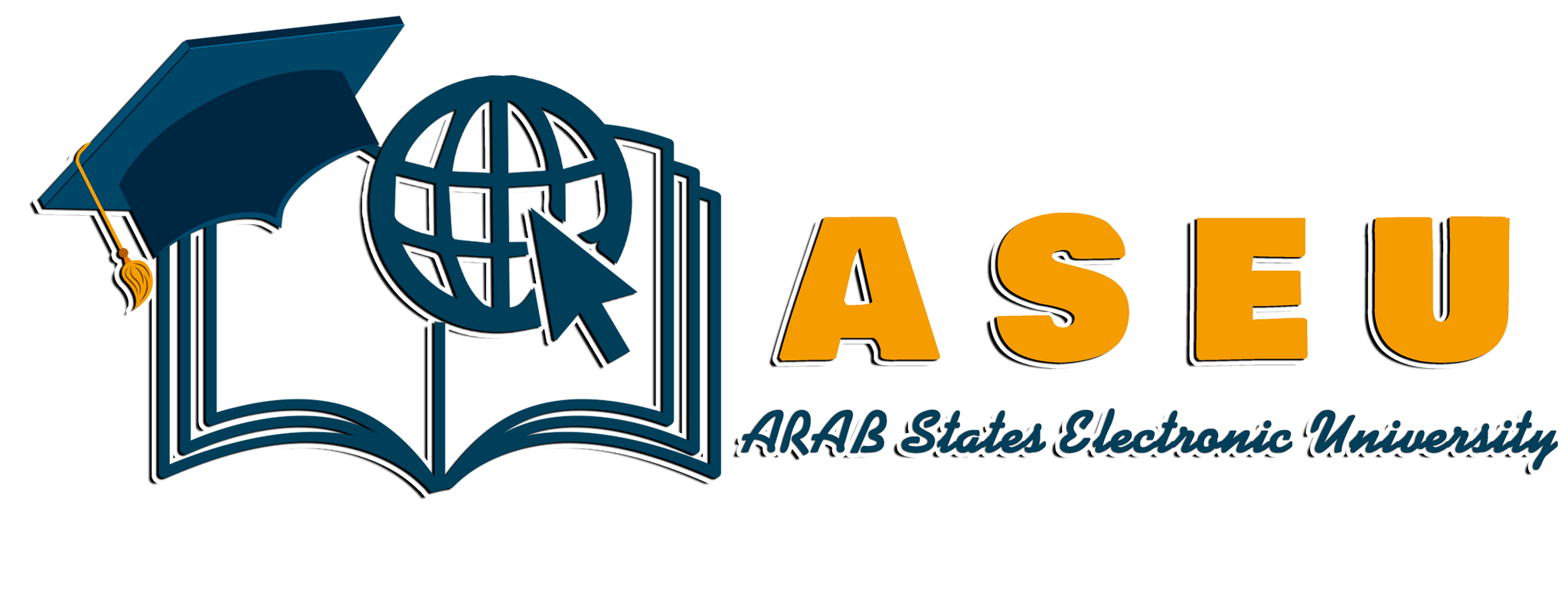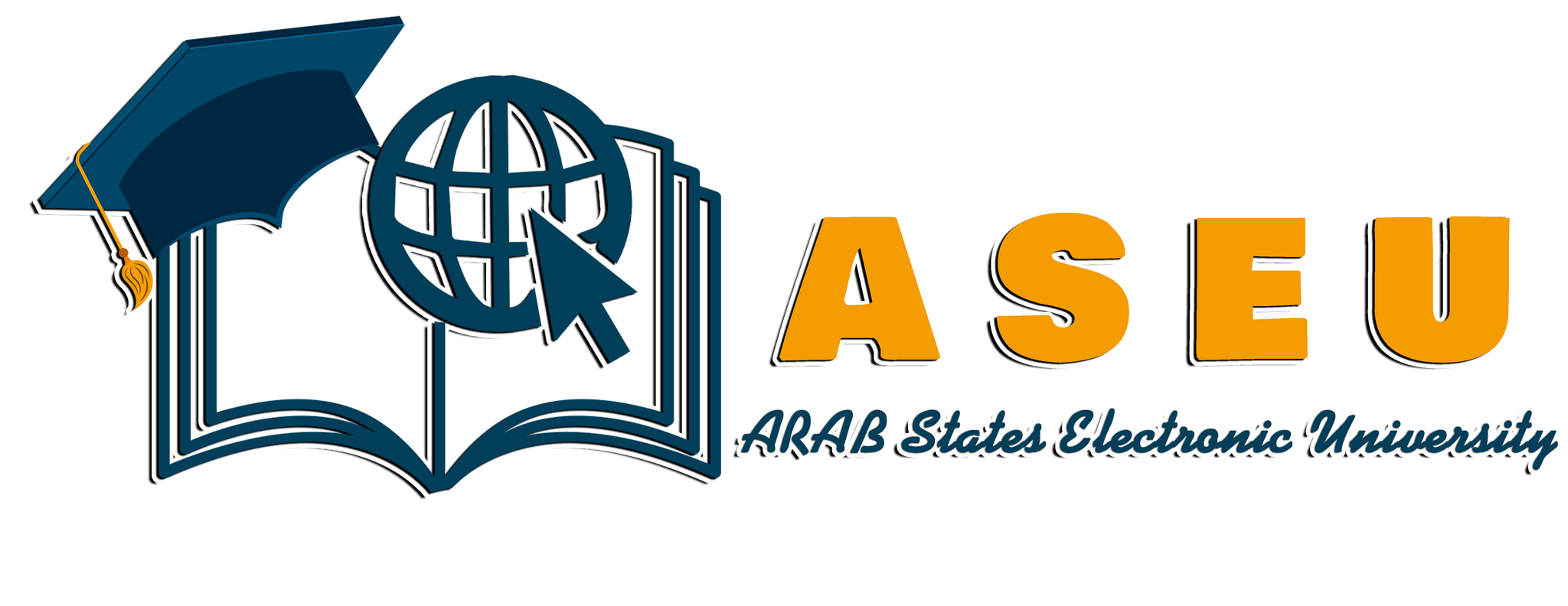The Germany Water-Wastewater Treatment Equipment Industry is a critical sector focused on developing technologies and equipment for the effective treatment of water and wastewater. This industry plays a vital role in ensuring sustainable water management and environmental protection in Germany, which is known for its stringent regulations regarding water quality and pollution control.
Germany, known for its robust industrial infrastructure and environmental consciousness, has emerged as a leading market for water and wastewater treatment equipment. With increasing industrialization, urbanization, and stringent environmental regulations, the demand for advanced treatment solutions has grown exponentially. Water scarcity, coupled with the rising need to ensure safe and sustainable water resources, has pushed both government and private sectors to invest heavily in innovative water treatment technologies.
The German water and wastewater treatment equipment market includes a range of technologies such as filtration systems, membrane treatment, chemical dosing equipment, sludge treatment machinery, and industrial water recycling solutions. These systems cater to municipal water treatment plants, industrial facilities, and residential communities, ensuring efficient water purification, waste reduction, and compliance with environmental standards.
Market Drivers
Stringent Environmental Regulations
Germany enforces some of the strictest water quality standards in Europe. Regulations such as the German Water Act (Wasserhaushaltsgesetz) mandate proper treatment of wastewater before discharge into natural water bodies. These regulations have prompted industries and municipalities to adopt advanced treatment equipment capable of meeting regulatory norms efficiently.
Industrial Growth and Urbanization
Germany’s thriving manufacturing and industrial sector, including chemical, automotive, and food processing industries, generates significant volumes of wastewater. Urbanization further adds pressure on municipal wastewater systems. Consequently, there is a growing demand for modern equipment that can handle large-scale wastewater treatment and ensure sustainable water usage.
Technological Advancements
Innovation plays a crucial role in shaping the market. Germany has been at the forefront of introducing smart water management solutions, including automation, IoT-enabled monitoring systems, and energy-efficient treatment equipment. These technologies not only optimize operational efficiency but also reduce environmental impact and operational costs, making them highly appealing to end-users.
Key Market Segments
Municipal Water Treatment
Municipal water treatment plants form a major segment of the market. These facilities focus on providing safe drinking water and treating sewage generated by urban populations. Equipment such as sedimentation tanks, aeration systems, and ultrafiltration units are widely adopted to improve water quality and reduce contaminants.
Industrial Wastewater Treatment
Industrial sectors require specialized treatment equipment to manage complex wastewater streams containing chemicals, heavy metals, and organic pollutants. Industries increasingly rely on technologies such as membrane bioreactors, chemical dosing systems, and advanced filtration units to ensure compliance and sustainability.
Sludge Management
Sludge management is a critical aspect of wastewater treatment. Efficient dewatering, drying, and stabilization equipment is necessary to minimize environmental hazards and enable resource recovery. Germany’s focus on circular economy initiatives has increased investments in sludge-to-energy technologies, further driving market growth.
Challenges in the Market
Despite promising growth, the German water and wastewater treatment equipment market faces certain challenges. High capital costs for advanced treatment technologies can be a barrier for small municipalities and industries. Additionally, maintaining complex treatment systems requires skilled labor and regular maintenance, which can increase operational expenses.
Moreover, integrating digital technologies into legacy water infrastructure poses challenges related to interoperability and cybersecurity. Nevertheless, ongoing research and government support continue to address these issues, ensuring steady market expansion.
Future Outlook
The future of Germany’s water and wastewater treatment equipment market looks promising. Rising awareness about water conservation, combined with governmental incentives for adopting sustainable technologies, will drive market growth. Smart water management solutions, real-time monitoring systems, and energy-efficient treatment equipment are expected to gain prominence.
Additionally, the integration of AI and IoT in treatment processes is likely to enhance predictive maintenance, optimize chemical usage, and improve overall system efficiency. Collaborations between equipment manufacturers, research institutions, and municipalities will further accelerate innovation, ensuring long-term sustainability of water resources in Germany.
F
AQs
1. What types of equipment are commonly used in Germany’s wastewater treatment plants?
Germany’s wastewater treatment plants commonly use sedimentation tanks, membrane filtration systems, aeration equipment, chemical dosing units, sludge dewatering machines, and UV disinfection systems. These technologies ensure compliance with strict water quality standards and efficient wastewater management.
2. How does industrial wastewater treatment differ from municipal wastewater treatment?
Industrial wastewater treatment is designed to handle complex effluents containing chemicals, heavy metals, and organic pollutants, whereas municipal treatment primarily focuses on treating domestic sewage. Industrial facilities often require advanced equipment such as membrane bioreactors, chemical dosing systems, and sludge-to-energy solutions.
3. What role does technology play in the German water treatment market?
Technology plays a pivotal role by introducing automation, IoT-enabled monitoring, energy-efficient systems, and predictive maintenance solutions. These innovations optimize operational efficiency, reduce costs, and ensure compliance with environmental regulations, making treatment processes more sustainable and reliable.
Air Separation Plants Market Size



